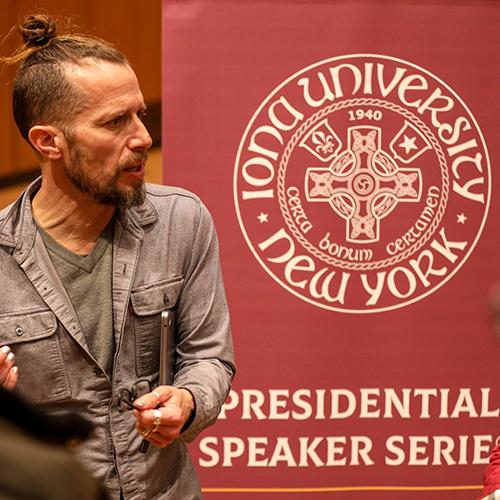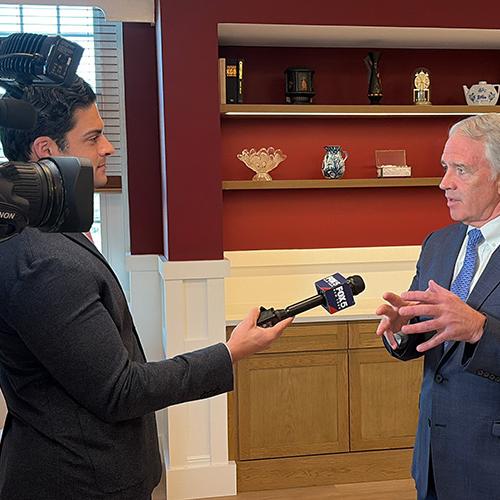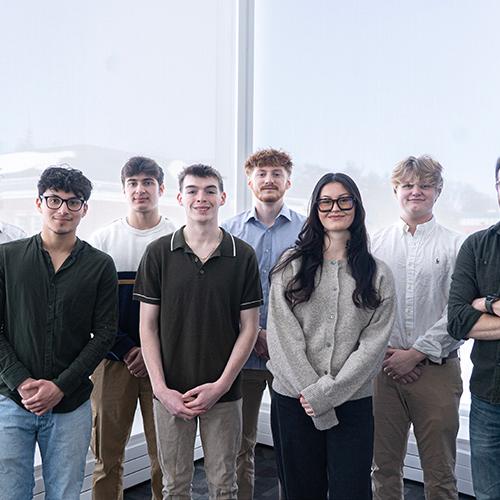Institute for Thomas Paine Studies Podcast (ITPS Pod)
Public Health-Public History
A Three-Part Miniseries
2020 is an unprecedented year. The dual pandemics of COVID-19 and international racism, combined with economic depression and political unrest, are forcing new conversations and change to confront global public health issues and widespread systems of racial injustice. Places of history and education—in classrooms ranging from kindergarten to postgraduate levels, museums, historical sites, or digital public history platforms—are at the center of these historic events and conversations.
This miniseries will explore the role of public health as public history. Universities have been on the front lines in combating the challenges of the COVID-19 pandemic by supporting research and scholarship that searches for a vaccine, as well as protecting the large populations that gather in a school environment. But universities are not the only spaces that communities gather to learn and reflect. The virus has forced museums and public history sites to close their doors and explore new methods of public engagement. Finally, the pandemic has revealed the physical side effects of institutionalized racism in the United States. Black communities are twice as likely to be hit by COVID-19 and twice as likely to die if infected. The recent protests in the wake of the murders of George Floyd, Brianna Taylor, Elijah McClain, Ahmaud Arbery, and so many more have captured public attention in a way the nation has not seen since the Civil Rights movement. Perhaps the combination of the pandemic and racial injustice is simply too much to bear, or perhaps it’s because Americans are home and a captive audience without the daily distractions of work, sports, and social activities. The protests during the pandemic reveal that racism is a public health issue.
The last few months have demonstrated that public health, broadly defined, cannot be separated from public history. The host, Dr. Lindsay M. Chervinsky, will interview a series of experts on public health, disease, education, slavery, and race over the course of three episodes. They will discuss how education and cultural institutions can interpret the history of disease, medicine, and racism as interrelated issues that continue to challenge the nation today.
Listen Now
Enjoying the podcast? Please leave a review on your favorite podcast app!


